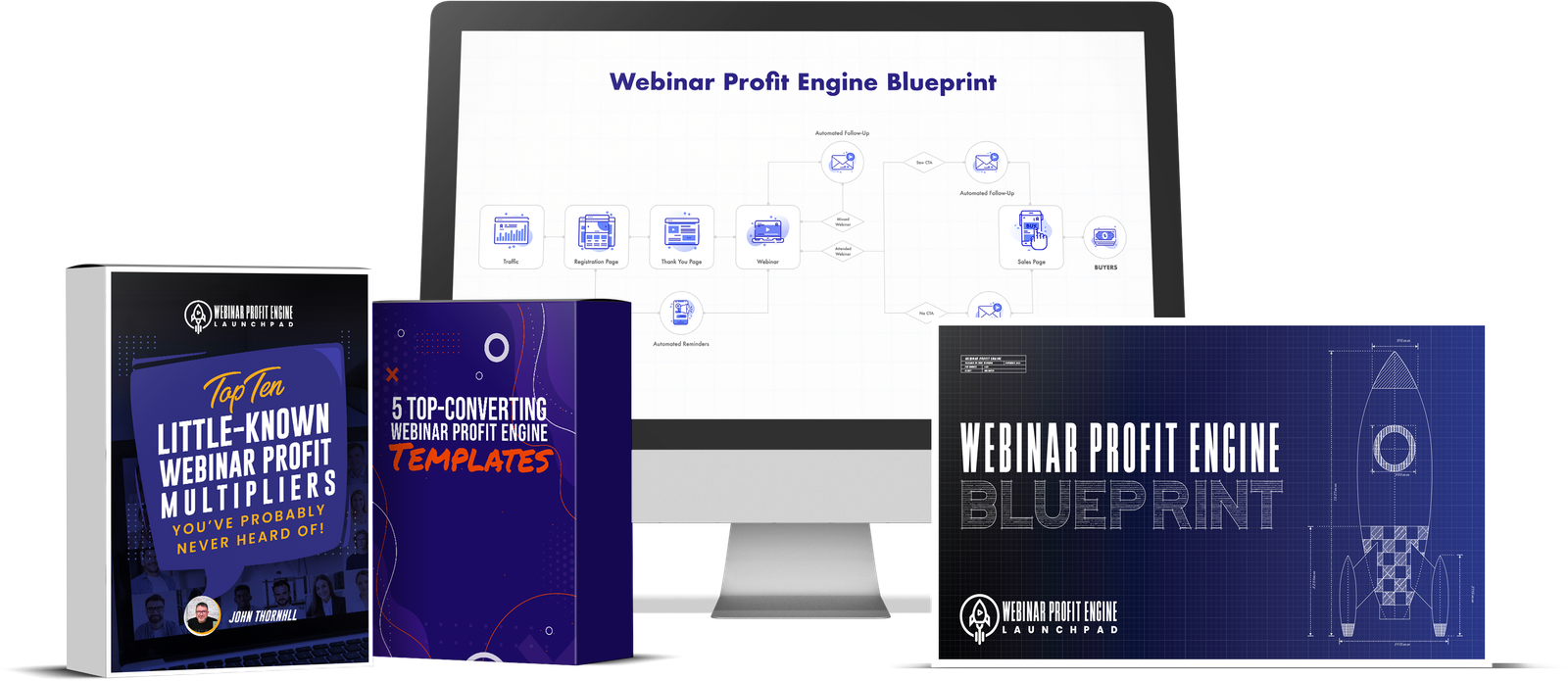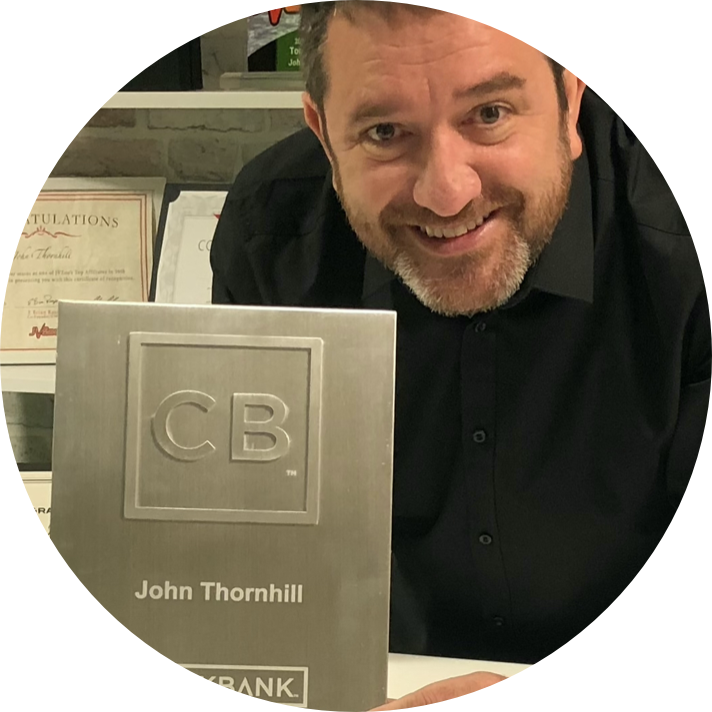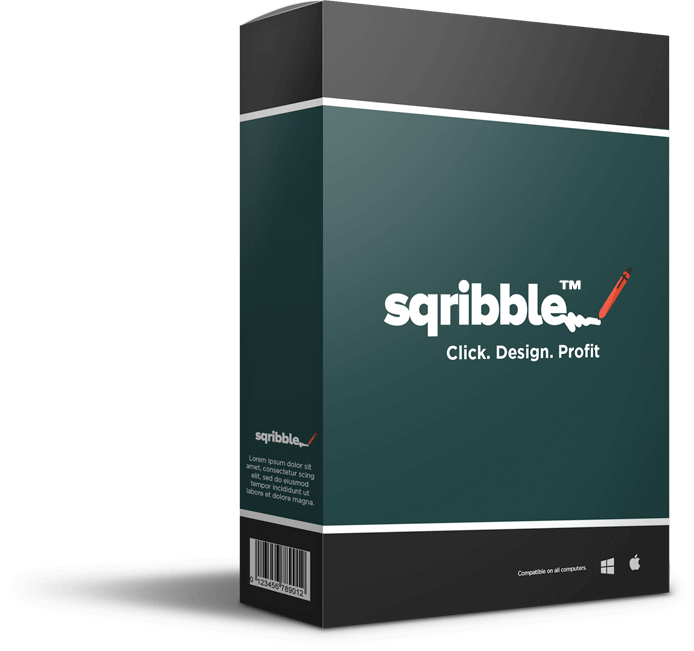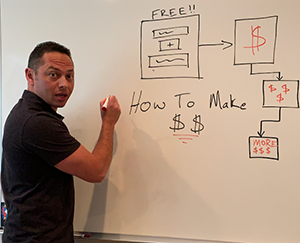The Hidden Factor in Leadership: How Trauma Impacts Your Team written by John Jantsch read more at Duct Tape Marketing
The Duct Tape Marketing Podcast with Kelly Campbell In this episode of the Duct Tape Marketing Podcast, I interviewed Kelly Campbell, a trauma-informed leadership coach and the author of Heal to Lead: Revolutionizing Leadership Through Trauma Healing. Kelly Campbell specializes in guiding leaders to integrate trauma awareness into their leadership styles, fostering supportive and effective […]
Marketing For Supervillains written by John Jantsch read more at Duct Tape Marketing
The Duct Tape Marketing Podcast with Jesse Wroblewski
In this episode of the Duct Tape Marketing Podcast, I interviewed Jesse Wroblewski, the founder and CEO of a New York-based marketing agency and the author of Marketing for Supervillains: Diabolical Tips on Differentiation, Decommoditization, and World Domination. He has close to 30 years of experience in the marketing industry and has been featured in prominent media outlets like Rolling Stone and Fangoria. Known for his offbeat yet practical approach, he shares proven differentiation strategies that help businesses stand out in any market.
Key Takeaways
Questions I ask Jesse Wroblewski:
[01:29] Can you elaborate on using supervillains as role models in our marketing?
[03:20] When can polarization be beneficial in marketing?
[06:16] There are numerous Japanese references in your work. What draws you to Japanese culture?
[07:26] Could you highlight a few of your 12 differentiation methods?
[09:34] What’s more important to consumers: being better or different?
[11:56] How can conservative brands embrace differentiation without fear?
[13:02] What common traps do new clients fall into when trying to differentiate?
[14:27] How does authenticity impact marketing, positively and negatively?
[16:12] How can we stay current with trends without looking like we’re chasing every idea?
[18:43] What outdated marketing practices should be discarded immediately?
[21:04] Where can people connect with you or get your new book, “Marketing For SuperVillains: Diabolical Tips on Differentiation, Decommoditization, and World Domination”?
More About Jesse Wroblewski:
- Connect with Jesse Wroblewski on LinkedIn
- Visit his Website
- Grab a Copy of Marketing For Supervillains
- Check out his Youtube
Like this show? Click on over and give us a review on iTunes, please!
Connect with John Jantsch on LinkedIn
Testimonial (00:00): I was like, I found it. I found it. This is what I’ve been looking for. I can honestly say it has genuinely changed the way I run my business. It’s changed the results that I’m seeing. It’s changed my engagement with clients. It’s changed my engagement with the team. I couldn’t be happier. Honestly. It’s the best investment I ever made. What
John Jantsch (00:17): You just heard was a testimonial from a recent graduate of the Duct Tape Marketing certification intensive program for fractional CMOs marketing agencies and consultants just like them. You could choose our system to move from vendor to trusted advisor, attract only ideal clients, and confidently present your strategies to build monthly recurring revenue. Visit DTMworld/scale to book your free advisory call and learn more. It’s time to transform your approach. Book your call today, DTM World slash scale.
Hello and welcome to another episode of the Duct Tape Marketing Podcast. This is John Jantsch My guest today is Jesse Wroblewski. He has been at the helm of a New York marketing agency for close to three decades, is often offbeat work has been featured in Rolling Stone, the book by five weirdest websites ever, and fan Gora, as well as a plethora of other media outlets. He’s also the author of a book we’re going to talk about today, marketing for Supervillains, diabolical Tips on Differentiation, de commoditization, and World Domination. So Jesse, welcome to the show.
Jesse Wroblewski (01:39): Thank you so much. I figured my last name was long enough, so I decided to make all my intros and my titles even longer. So mouthful. Well done.
John Jantsch (01:50): Yeah, there was some hard words in there, that one. But speaking of names right, I usually ask us ahead of time. Did I nail the pronunciation?
Jesse Wroblewski (01:58): You did it well, absolutely.
John Jantsch (02:00): Awesome. Alright, so my first question is, what’s a supervillain got that we need to be using as a role model?
Jesse Wroblewski (02:08): Sure, sure. So there’s actually a lot of parallels. The first parallel, obviously being after 25 years of being in marketing, I think we all a little mad sometimes. So it’s some cynical takes on what’s going on in marketing. But what the real mantra was when you are a challenger entering a market, there’s usually always a mega brand, a name brand in the vertical, and that name brand is kind of like a superhero. They have huge public favor, they have huge muscles, which in marketing equates to huge budgets. And for a smaller guy entering the market, it’s almost a recipe for disaster to try and go head to head with them and try to out be more popular or spend more money. So if you think about movies, the supervi usually doesn’t have all the resources a superhero has. They certainly rarely have the same muscle tone, so they have to use their cutting wit and brains to outstart the bigger guy. So a lot of the book comes from an underdog mentality, a challenger brand mentality, and using things that the tried and true marketing that everybody else is doing, where you might not be able to compete on social media or SEO or pay-per-click going where the other guys,
John Jantsch (03:21): I noticed quite often with supervillain, there’s a bit of polarization too. I mean, a lot of people love the supervi in a movie, and of course a lot of people really hate them. Is there an element of that in our marketing that is actually kind of good to be a little polarizing?
Jesse Wroblewski (03:35): I think so. I think so. Being everything to everyone means you’re nothing to anybody. So I think I’d rather be adored by a few than in the middle of the road with a lot of people.
John Jantsch (03:48): So there are a whole lot of industries out there that feel, again, emphasis on the word feel, what they do is a commodity. I mean, there’s no way for me to differentiate except be the cheapest out there. What do you say? There might be occasionally a case where that’s true, but not very often, quite frankly is what I’ve discovered. And so what do you say to somebody that just feels like, oh, I dunno, we’re this kind of company and everybody’s the same?
Jesse Wroblewski (04:16): Yeah, absolutely. Because the crux of the book, so in the book, excuse me, most marketing books will tell you, run out, find your differentiator, and then figure it out and tell it to the world nice and succinctly. And that’s I meant task, right? That’s not easy to
John Jantsch (04:31): Do.
Jesse Wroblewski (04:32): So in the book, I codified 12 different ways that brands throughout history have successfully differentiated themselves. And for those that say, I’m really not that special or I can’t be, we’re just like everybody else. I always hawken back to the ultimate commodity, which is water. So water in the developed world is free, and if the government came along and said, what you do for a living, the government’s now going to offer for free. How would you continue to get people to pay a premium for something that can get for free? So rather than carrying a bucket of water around with you all day, which is free, you buy bottled water in the tune of 17, 18 billion a year, what are you really buying? Chances are you’re buying convenience of not carrying that bucket around, or maybe you have a bottle of water in your car and you’re buying refrigeration because it’s cooler in the refrigerator. So there’s a lot of byproducts for what we do. So you could say, I’m an accountant, I’m a marketer, I’m a this, I’m a that. But chances are you’re not really selling accounting, you’re not really selling marketing, you’re selling peace of mind, you’re selling convenience, you’re selling all these things that are secondary, but in the back of people’s minds, you’re actually curing a lot of anxieties. So I say any brand, any product in the world can absolutely be differentiated if you have enough courage.
John Jantsch (05:52): Well, and I remember Perrier and Evian, those water were cream brands. It was like, oh, you’re drinking that. Again, I think some of the shine has gone off of that, but I think at one point when it was unique, that was what they were selling was like, we’re the trendy water.
Jesse Wroblewski (06:09): Absolutely. Yeah. I mean, and the water industry just keeps growing and growing and us suckers keep throwing money at it.
John Jantsch (06:17): I’m curious, there are numerous Japanese references and throughout your work, is there a particular interest in the culture?
Jesse Wroblewski (06:24): I’m a lifelong martial artist, so I guess coming from, I was always the smaller guy in school, smaller stature. I was in, I think the largest high school in the country with 2,600 students, and I was the smallest guy in the high school. So I guess that was some stem of me kind of joining the martial arts. And there are a lot of, I say parallels or a lot of things that don’t equate to the English language, but are very relevant to lifestyle and marketing.
John Jantsch (06:54): Yeah, I think what’s interesting for other cultures is a lot of times there’s a word that literally means it doesn’t mean anything, but it’s a concept, if that makes sense. I never can remember it, but I live in the middle of a national forest and the Japanese word for forest bathing, which now I can’t remember, but it’s not a literal translation to that, but it’s a concept. I don’t know if we have many words like that in the English language that can’t really be translated other than a concept or a feeling. So you started talking about the, I think you said 11 or 12 ways. Is that your universe of differentiation? So do you want to hit on a couple of those by name?
Jesse Wroblewski (07:37): Sure, sure. So on my website there is a download of what we call the universe of differentiation, and it’s just a visual guide of 12 different planets that have each identified as a different way to successfully differentiate your business. And then once you figure out which differentiator resonates with you, your business, your brand history, then we kind of take a look at who lives on that planet. So who would be most attracted to that differentiator? So out of the 12, there are some common ones. So the first one that people are usually drawn to are definitives, differentiating by definitives. And you probably experienced this because this is the high time of differentiation for the summer. If you’ve ever seen an ad for a theme park, they use this differentiator like crazy, specifically talking about their rollercoaster. We have the tallest, the fastest, the scariest, the longest, the oldest, the most.
(08:34): The nice thing about differentiating by definitives is you rarely get challenged. So you can make pretty boastful claims, and there’s usually not a metric to challenge it. So you metric becoming commoditized. As a general marketing agency owner, I felt that I was on the verge of becoming commoditized. So I felt that I was usually the driving factor. Even though a client paid me money, I was always driving to get them to launch their website, give me your copy, give me your approval. So I deemed myself the world’s most proactive agency, the most proactive agency on earth, the no homework agency. So it’s a fun little way, you might need some additional differentiators, but it’s a fun exercise. Kind of say, Hey, I’m sticking a stake in the ground and this is my domain. I’m the blank industry.
John Jantsch (09:19): 25 years ago, I started calling Duct Tape Marketing, the world’s most practical small business marketing brand. And same idea, I had heard a couple of people tell me, well, your stuff is just so practical, but you’re right. I mean, nobody’s going to say, show me the statistics on that. Right? We’re more practical, better versus different. That’s an argument. I think a lot of people is like, we have the best widgets and well, that’s fine, but we have purple widgets. Which one of those do you think from a marketing standpoint is more important to a consumer?
Jesse Wroblewski (09:46): So I liken it back to differentiator versus USP unique sales proposition and people, they usually get them confused, and I’ll give you the best analogy that I can figure out. So going back to the example of water, the ultimate commodity there is a brand, one of my favorite brands, not only for water, which tastes the same as all the other waters, but for a marketing in general, which is liquid death. Have
John Jantsch (10:10): You heard of it? Yeah. I mean it’s absurd. So they have captured the imagination of the millennials like nobody else.
Jesse Wroblewski (10:18): Exactly, exactly. So while all the other brands are chasing their USP, Hey, we are hydrated more, we have a better delivery system, all these different things that tell you why their water is better, liquid death came along and just differentiated themselves and created a lifestyle brand to a very niche audience. And in my opinion, that differential blow away any USP that claims they’re better at what everybody else does.
John Jantsch (10:47): Yeah. Oh, go ahead. I’m sorry. Go ahead after you, sir. I was just going to say, so to some extent is one of the real goals of differentiation to actually project emotion feeling. You said lifestyle, I mean that whoever you’re trying to attract is actually more attracted to that than really any feature of the actual product or service.
Jesse Wroblewski (11:09): So I say finding your successful differentiator is the mic drop moment. So we, as marketers, and lucky for us, we get in bed with the company and it’s a rebrand. So we got to get a new logo, and then the competitor gets a new logo and it’s like,
Related Posts
Recommended Story For You :

The Step-By-Step “Profit Engine” Blueprint.

How To Make $3493 Commissions Without Doing Any Selling

Successful dropshippers have reliable suppliers.

People Think I Use A Professional Voiceover Artist. NO! I Just Use Speechelo!

Make Money Testing Apps On Your Phone Or Tablet

Make More Money or Lose Everything

Sqribble Is The ONLY eBook Creator You’ll Ever Need.

Work & Earn as an Online Assistant

Create Ongoing Income Streams Of $500 To $1000 Or More Per Day


